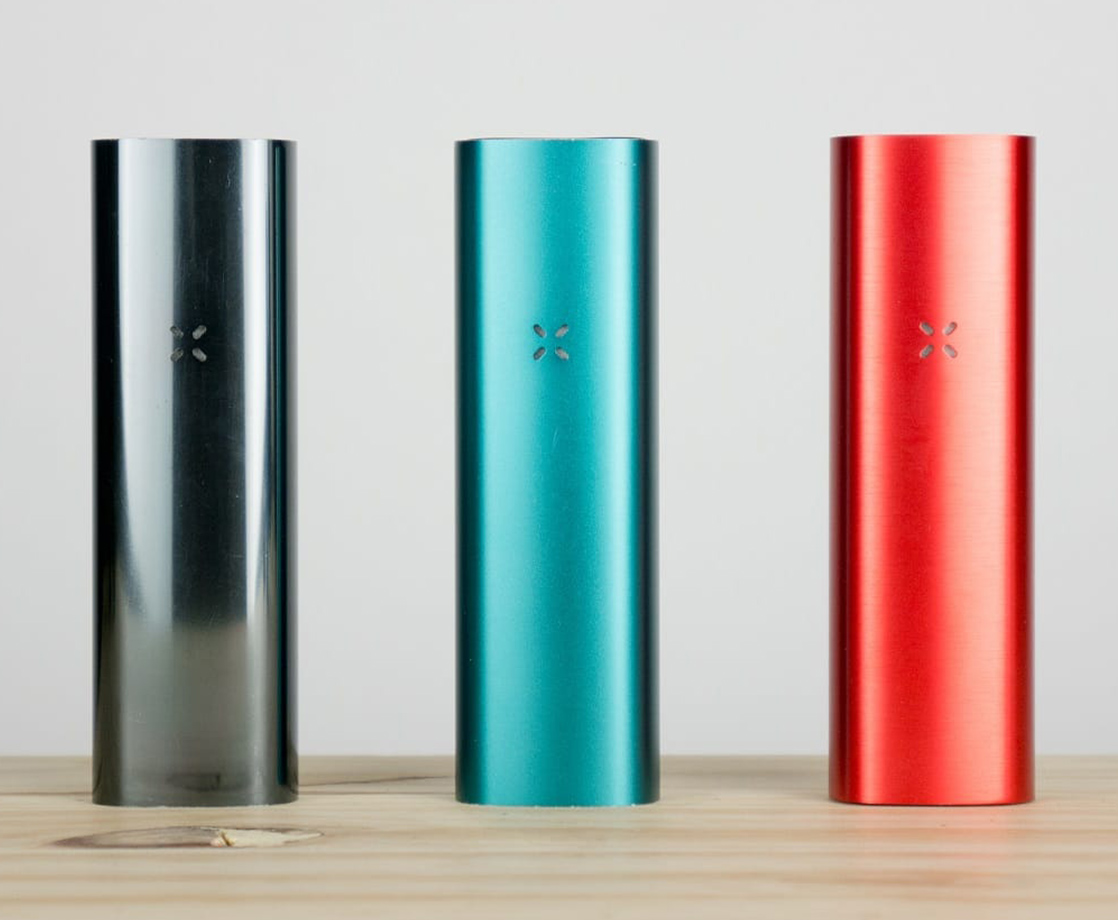PAX, a wildy popular California-based cannabis vaporizer company, announced on Monday that it would lay off a quarter of its workforce due to lower-than-expected quarterly sales.
“In light of evolving business priorities, we have made the difficult decision to part ways with 65 members of our team, or 25 percent of the organization, effective [Monday],” the company wrote in an email to Marijuana Business Daily.
PAX spokespersons have not cited the ongoing vaping-associated pulmonary illness (VAPI) health crisis as a reason for the mass lay-offs, though the illness and the widespread fears stemming from it are likely why the company suffered a severe loss in sales.
VAPI initially comes on with pneumonia-like symptoms, which includes chest pain, shortness of breath, dry cough, and constant exhaustion. Most VAPI patients don’t see a doctor until they begin coughing up blood, which may indicate that the illness has progressed to extremely dangerous levels. In the worst cases, VAPI results in complete respiratory failure and even death.
Gallery — These Fake Vapes Are Responsible for the Vaping Crisis
Currently, nearly 1,500 people across 49 states have been hospitalized because of VAPI, and at least 33 people have died from it. And despite the CDC’s announcement calling for all Americans to temporarily cease vaping anything until the crisis is resolved, those numbers increase every day. Authorities still don’t know what causes VAPI, though oily cartridge filling agents, heavy metal contamination, pesticide or fungicide residues, “synthetic marijuana” additives, or a combination of those elements could be the culprits.
The CDC, however, believes that VAPI is likely caused by unlicensed, underground marijuana vaping products that are not regulated or lab-tested for safety assurance.
PAX subjects all of its products to local regulations and lab testing. Besides, both weed and nicotine vapes have been around for about a decade, and VAPI didn’t become widespread until this summer. This suggets that vaping, by its nature, isn’t causing VAPI, but that some contaminant was recently introduced somewhere in the black market production lines.
In September, both Juul and PAX fired their respective CEOs as the vaping crisis became national news. While vaping sales have taken huge hits due to the public’s VAPI fears, Juul has been specifically targeted by both federal and local regulators. In June, the city of San Francisco — where Juul’s headquarters is based — banned the sales of all e-cigarettes, though Juul was permitted to keep producing its products there.
Follow Randy Robinson on Twitter











